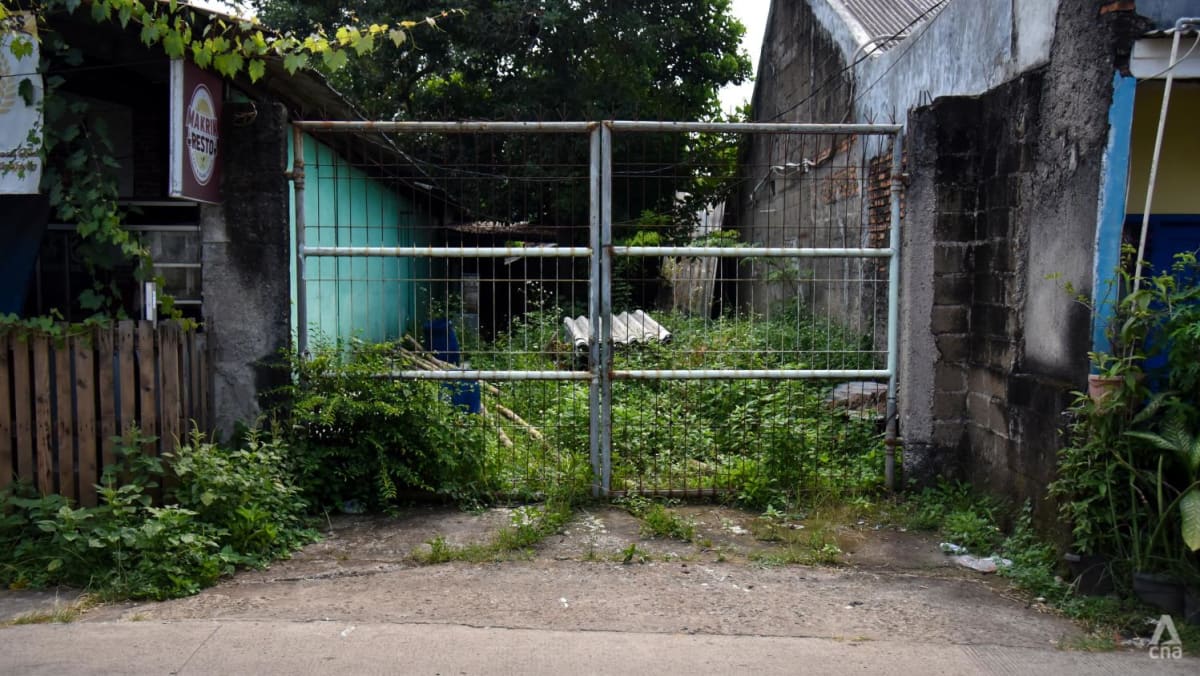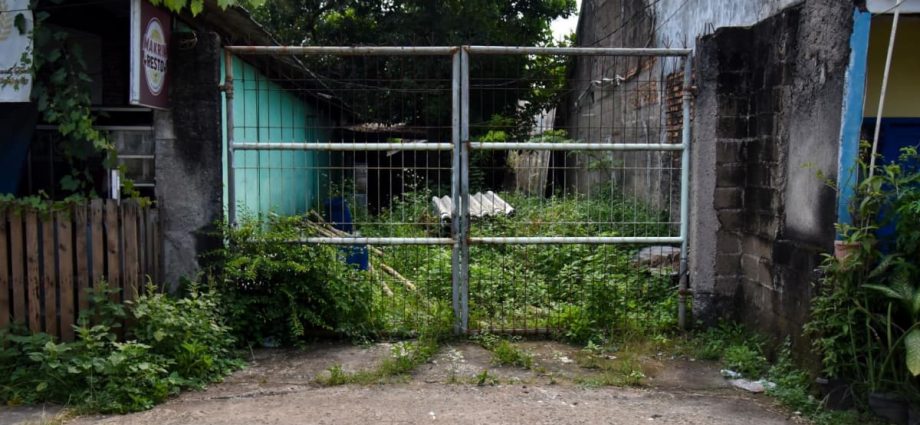
“We hope that they are truly reformed and can set an example for their followers,” BNPT director Nurwakhid said.
However, efforts to de-radicalise Wijayanto have yet to bear fruit.
“Perhaps, he wants to show his followers that he is still faithful to JI’s cause,” Wijayanto’s former right hand man Priyono said.
Wijayanto is scheduled to be released in 2026. But the JI leader could be released sooner if he decides to formally renounce his radical beliefs. This would make him eligible for remissions and parole.
Since Wijayanto’s arrest and imprisonment, no one has been identified as a replacement leader of JI. In addition, Sanjaya, Okbah, An-Naja and Al-Hamat who are still in jail, have yet to renounce their beliefs and continue to appeal to followers.
The survival of JI appears to be intertwined with what is happening internationally, analysts noted.
The wave of terrorism attacks perpetrated by JI in the 2000s, for example, were planned as a response to the US war on terror in Afghanistan while the rise of JI’s rival Jamaah Ansharut Daulah (JAD) in 2014 coincided with that of the Islamic State in Iraq and Syria (ISIS).
But as ISIS was forced to retreat in Iraq and Syria in the last few years, JAD’s influence in Indonesia appears to have waned. Today, the world’s attention is on Afghanistan once again with the Taliban returning to power following the US-led coalition forces’ withdrawal from the country.

